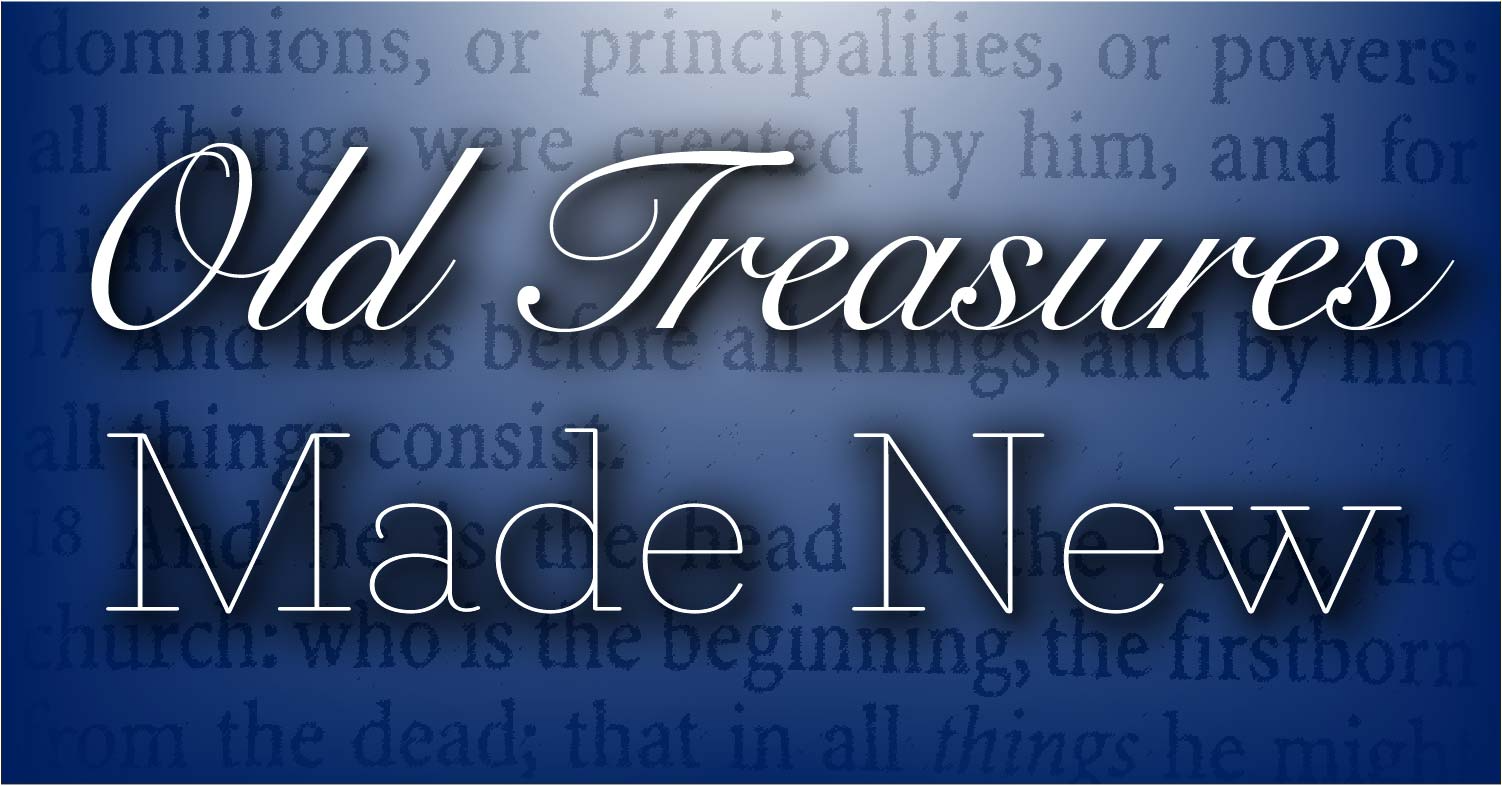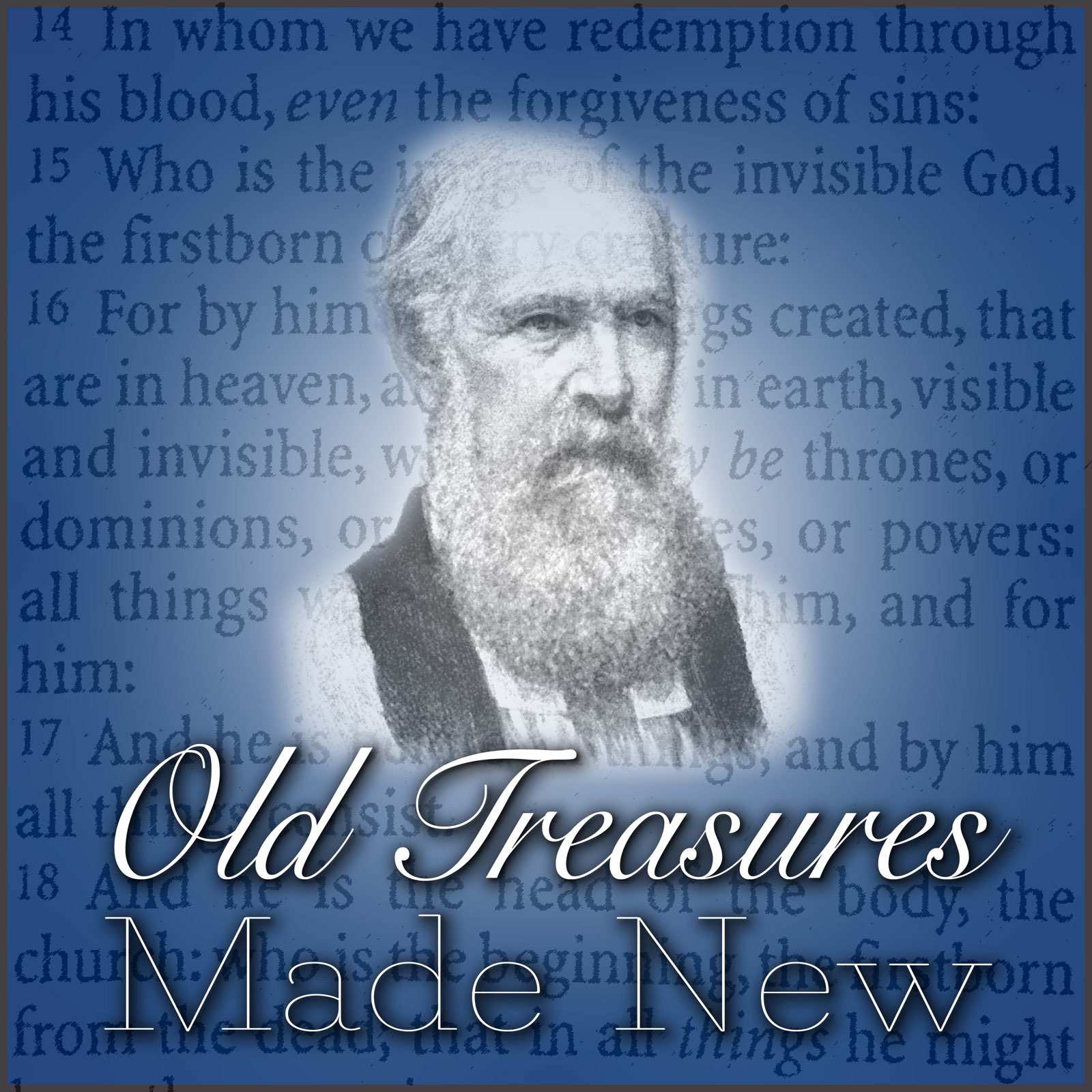Episode 381
John 13:16-20
John 13:16-20
- We are taught that Christians must never be ashamed of doing anything that Christ has done.
- We are taught the uselessness of Christian knowledge if not accompanied by practice.
- We are taught the perfect knowledge which Christ has of all His people.
- We are taught the true dignity of Christ’s disciples.
"We are all too likely to dislike any work which seems to require trouble, self-denial and going down to our inferiors...When feelings of this kind arise within us we shall find it good to remember our Lord’s words in this passage, no less than our Lord’s example.
"[Knowledge] is perfectly valueless unless it produces results in our conduct, and influences our lives, and moves our wills. In fact knowledge without practice does not raise us above the level of the devil."
"A church may be deceived and rank people as apostles who are no better than Judas Iscariot. But Jesus is never deceived for He can read hearts."
"To spend and be spent in trying to do good makes a person far more honorable in the eyes of Jesus than to command armies or amass a fortune."
Questions:
- Jesus declares that no servant is greater than his master. And yet, what the Master just did was stoop low to wash his disciple's feet! This is the example we are to follow, and again, we must ask ourselves: do I possess true love and humility in serving others? Do I believe myself to be greater than Jesus Christ?
- Jesus declares to his disciples that if you know these things, blessed are you if you do them. Ryle gives us a helpful balance. On the one hand, knowledge is the beginning of Christianity in the soul, on the other hand, that knowledge is useless if not accompanied by practice and change of heart and life. He warns that it is common for people to say, "I know, I know" while not actually doing what they say they apparently "know." To which side are we more guilty: of not knowing or not doing? What is one thing you know that you are doing?
- Jesus declares that He knows whom he has chosen. Ryle points out that this statement declares a truth clearly revealed in Scripture, namely that Jesus knows the hearts of all. He shows that this should cause the hypocrite to repent and cause the believer to find comfort. What does this truth do to our hearts?
- Jesus declares that whoever receives whomever he sends received him personally. Ryle points out that this is encouraging for the believer who gives themselves to seeking the good of others. Are we eager and ready to do good to others when opportunities arise or do we tend to grumble and complain?


